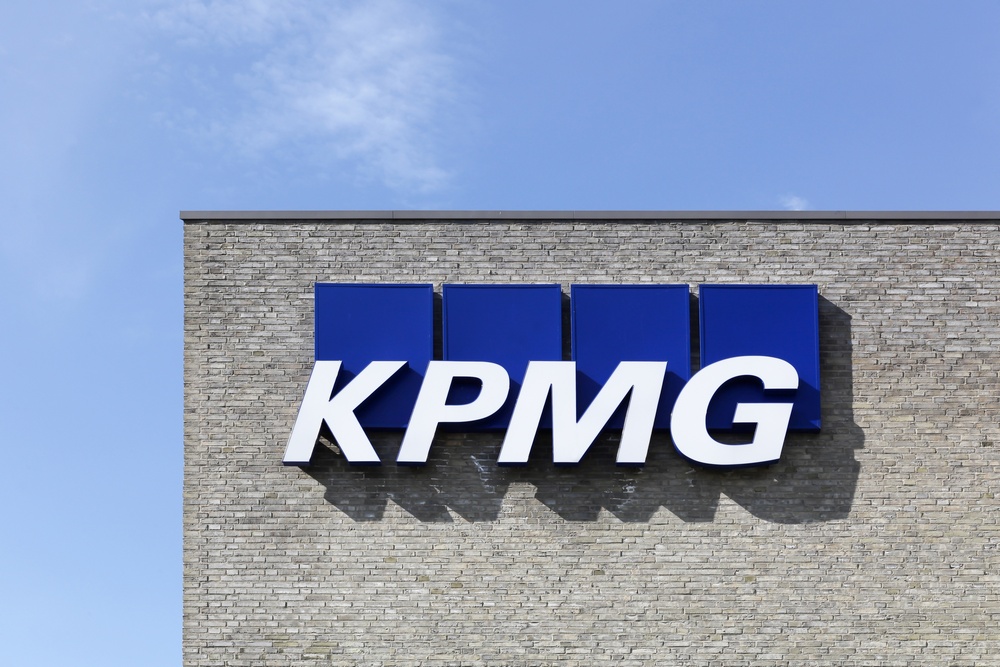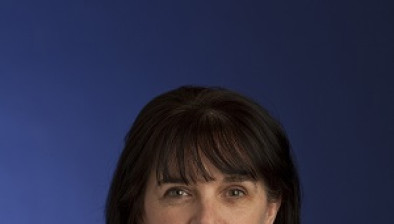KPMG research shows 63% of Scots to cut back extra spending in 2023

Two-thirds of Scots plan to reduce their non-essential spending in 2023, according to research released by KPMG.
KPMG surveyed 3000 consumers from across the UK, including 250 in Scotland at the beginning of this month (December) about their spending and saving plans for the coming year.
Two-thirds of Scots (63%) said that they will have to cut back on non-essential spending in 2023.
Essential costs (food, energy, fuel, mortgage or rent) already being too high, and a concern about energy bill cost after April 2022, were the two most common deterrents to being able to spend more on non-essential goods and services.
One in ten Scottish consumers polled highlighted concern about essential costs continuing to rise, whilst consumers also cited fixed-term mortgage deals coming to an end, and variable mortgage rates rising, as their barriers to spending.
Only 2% of Scots said they will be able to increase their non-essential spending levels in 2023. Whilst one in five (20%) said their spend would stay at the same level as it was in 2022.
Scots looking to save money most commonly (49%) plan to do so by reducing their spend on eating out, followed by takeaways (46%) and clothing (43%). Pet products was the least selected (7%), followed by children’s clothing and toys (9%).
Linda Ellett, KPMG’s UK head of consumer markets, retail and leisure, said: “Current essential costs, fears of how high they’ll rise – including concerns about mortgage rate and energy price changes next year – are all factors in why two-thirds of consumers that we surveyed said they have to reduce their non-essential spending in 2023.
“To do so, consumers are increasingly changing how they shop to save money – including switching to cheaper retailers, buying more value or promotional produce, and swapping eating out for meals in. Understanding these swaps is critical for brands and retailers looking to still be the first choice for spend.”
Around one in five (20%) Scottish consumers polled by KPMG have no savings. Amongst the remainder that have, the average savings balance is £9,419 heading into 2023. London was the region with the lowest savings average, at £4,725.
Of all the consumers with savings, 43% say they are using them to help meet their essential costs. This rises to over 80% amongst some low income household groups that KPMG polled.
Ms Ellett added: “Savings are now being used to help meet essential costs by nearly half of the consumers we surveyed, which provides a cushion, but these savings are finite and so the longer the current economic environment continues the more worrying it becomes.
“Ability and appetite to spend on big ticket items is limited in this climate, but spending plans do remain for holidays, home improvements and appliances. And we know consumers do like to treat themselves and others, so smart retailers and brands can still hold revenues if not volumes if they are targeted in their consumer appeal.
“But should the scale of non-essential cuts outlined in our research come to fruition, then it likely won’t be enough to stop scarring on both the high street and online in 2023.”
Consumers list ‘price’ as the top purchasing consideration when shopping in 2023, as well as the most common reason that they choose a retailer.
- A fifth of Scottish consumers (20%) say they will shop more at less expensive retailers in 2023, whilst 31% say they will buy more own brand and value goods. 23% say they will buy fewer items.
- 13% will buy more premium home cook meals instead of eating out - which is the most common non-essential spend cost-cutting target.
- 8% of consumers say they will use credit more next year when shopping.







